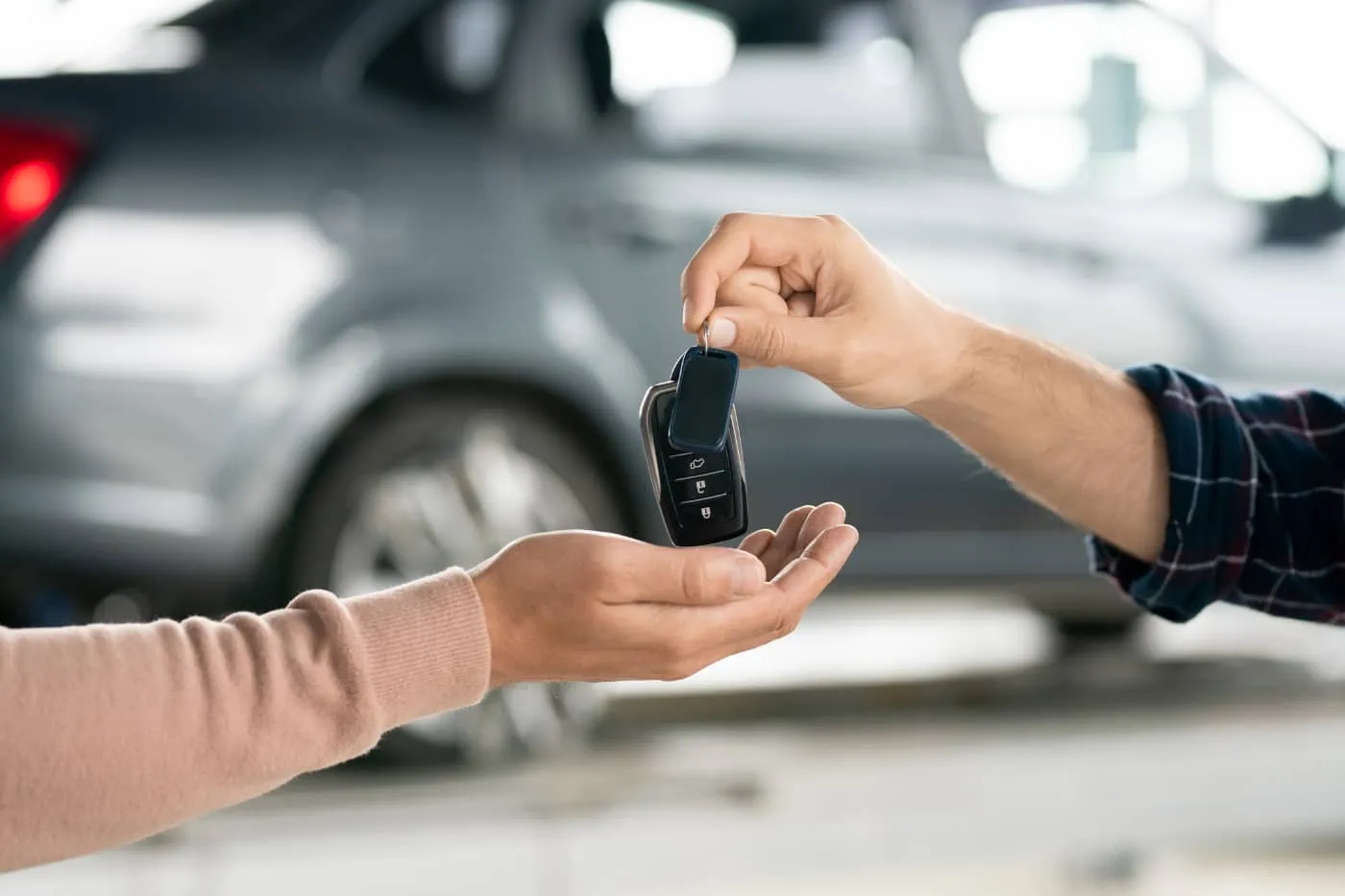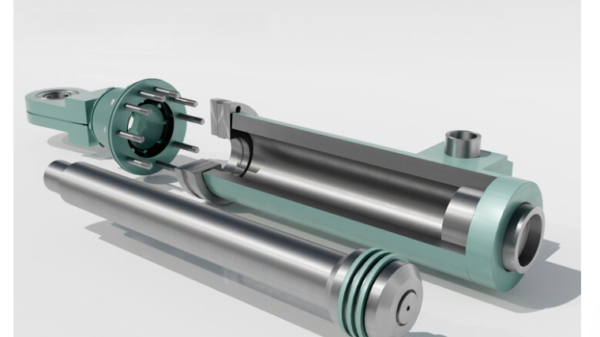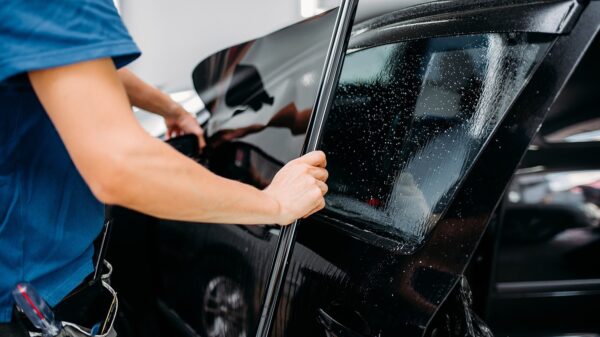The quest for a good deal on a used car often leads buyers and sellers into a world filled with potential pitfalls. While many transactions in the used car market go smoothly, there is a significant risk of encountering scams that can result in financial losses and frustration. One common scam in this realm is the Cash for Used Cars scheme, where fraudsters exploit the allure of quick cash or a bargain vehicle. In this comprehensive article, we will explore various common scams associated with buying or selling used cars, with a particular focus on the Cash for Used Cars scam. By the end of this guide, you will be better equipped to navigate the used car market, making informed decisions that protect your interests.
Understanding the “Cash for Used Cars” Scam
The “Cash for Used Cars” scam is a deceptive tactic employed by fraudsters who prey on individuals looking to buy or sell used vehicles. This scam usually targets both buyers and sellers and involves the promise of quick and hassle-free transactions. Here’s how it typically works:
- Fake Buyers: Scammers pose as interested buyers and offer to pay in cash, often a large sum, to buy the car without haggling over the price. Their intention is to make the transaction seem too good to be true.
- Overpayment Scam: In some cases, the scammer may offer to pay more than the agreed-upon price and request the seller to return the excess amount. They provide counterfeit money or a fake cashier’s check, leaving the seller at a loss.
- Vehicle Resale: On the flip side, scam artists may pretend to be sellers offering a well-maintained vehicle at an unbelievably low price. Once the victim sends the money, the scammer disappears, leaving the buyer empty-handed.
Spotting Red Flags
Recognizing the warning signs of scams is crucial to avoid falling victim to them. Here are some red flags to watch out for:
- Too Good to Be True: If a deal appears unbelievably good, be cautious. Scammers often dangle attractive offers to lure their victims.
- Pressure to Act Quickly: Scammers may rush you into making decisions, using pressure tactics to prevent you from conducting due diligence.
- Unusual Payment Methods: Be wary of sellers or buyers who insist on payment methods that are not typical for vehicle transactions, such as cryptocurrency or prepaid gift cards.
- Limited Contact Information: Scammers may provide minimal or fake contact details, making it difficult to trace them.
- Incomplete or Forged Documentation: Always scrutinize the paperwork, including titles, registration, and maintenance records, for signs of forgery or inconsistency.
Online Scams: The Virtual Trap
With the rise of online marketplaces, scammers have found new avenues to target both buyers and sellers. Here are common online scams to be aware of:
- Phishing Scams: Be cautious of emails or messages asking for personal information, especially if they claim to be from reputable websites. Verify the source and do not click on suspicious links.
- Counterfeit Websites: Scammers create fake websites that resemble legitimate car marketplaces. Ensure you are using a reputable platform with secure payment options.
- Online Auction Frauds: Be wary of online car auctions, especially if they require prepayment. Verify the legitimacy of the auctioneer and read user reviews if available.
Title and Ownership Scams
Title and ownership scams involve manipulation of vehicle titles to deceive buyers and sellers. Here’s what you need to watch out for:
- Title Washing: Scammers may alter the title to hide a vehicle’s history of accidents or other issues, making it appear cleaner than it is.
- Stolen Vehicle: Some fraudsters sell stolen cars with forged titles, leaving the buyer with a vehicle they can’t legally own.
- Hidden Liens: Sellers may not disclose outstanding loans or liens on the vehicle, leaving the buyer responsible for the debt.
Counterfeit Checks and Fake Money
In the Cash for Used Cars scam, scammers often use counterfeit checks or fake cash to defraud victims. Protect yourself by:
- Verifying Funds: When accepting a cashier’s check, call the bank to verify its authenticity before transferring the vehicle.
- Meet at a Bank: Conduct the transaction at the buyer’s or seller’s bank to ensure the payment is legitimate.
- Examine Cash Carefully: Be diligent in checking for counterfeit bills by using counterfeit detection pens or ultraviolet light.
The Importance of Vehicle History Reports
Obtaining a vehicle history report is a critical step when buying a used car. These reports provide valuable information about a vehicle’s past, including:
- Accident History: Details of accidents, including the extent of damage and repairs.
- Title Information: Whether the car has a clean title, salvage title, or has been reported as stolen.
- Ownership History: The number of previous owners and the length of time each owner held the vehicle.
- Maintenance Records: A record of maintenance and service, helping assess the vehicle’s overall condition.
- Recalls: Information about any recalls or safety issues associated with the vehicle.
Staying Safe: Tips for Buyers and Sellers
To protect yourself when buying or selling a used car, follow these safety tips:
- Meet in Public: Always meet in a well-lit, public place, preferably during daylight hours, to conduct the transaction.
- Bring a Friend: Have a friend or family member accompany you to provide an extra layer of security.
- Verify Ownership: Ensure the seller has the legal right to sell the vehicle by checking the title and ownership documents.
- Use Secure Payment Methods: Whenever possible, use secure payment methods such as certified checks or online escrow services.
- Request a Vehicle Inspection: Have the vehicle inspected by a trusted mechanic before finalizing the purchase.
- Trust Your Instincts: If something doesn’t feel right, walk away from the deal. It’s better to be cautious than to become a victim of fraud.
Conclusion: Stay Vigilant in the Used Car Market
In the world of buying and selling used cars, scams like the “Cash for Used Cars” scheme are a regrettable reality. However, armed with knowledge and vigilance, you can protect yourself from falling victim to these deceptive tactics. Always be cautious, verify information, and conduct thorough research before making any financial commitments in the used car market. By following the advice outlined in this guide, you can confidently navigate the used car market, ensuring that your transactions are safe, secure, and free from scams. Remember, in the world of used cars, knowledge truly is power.










